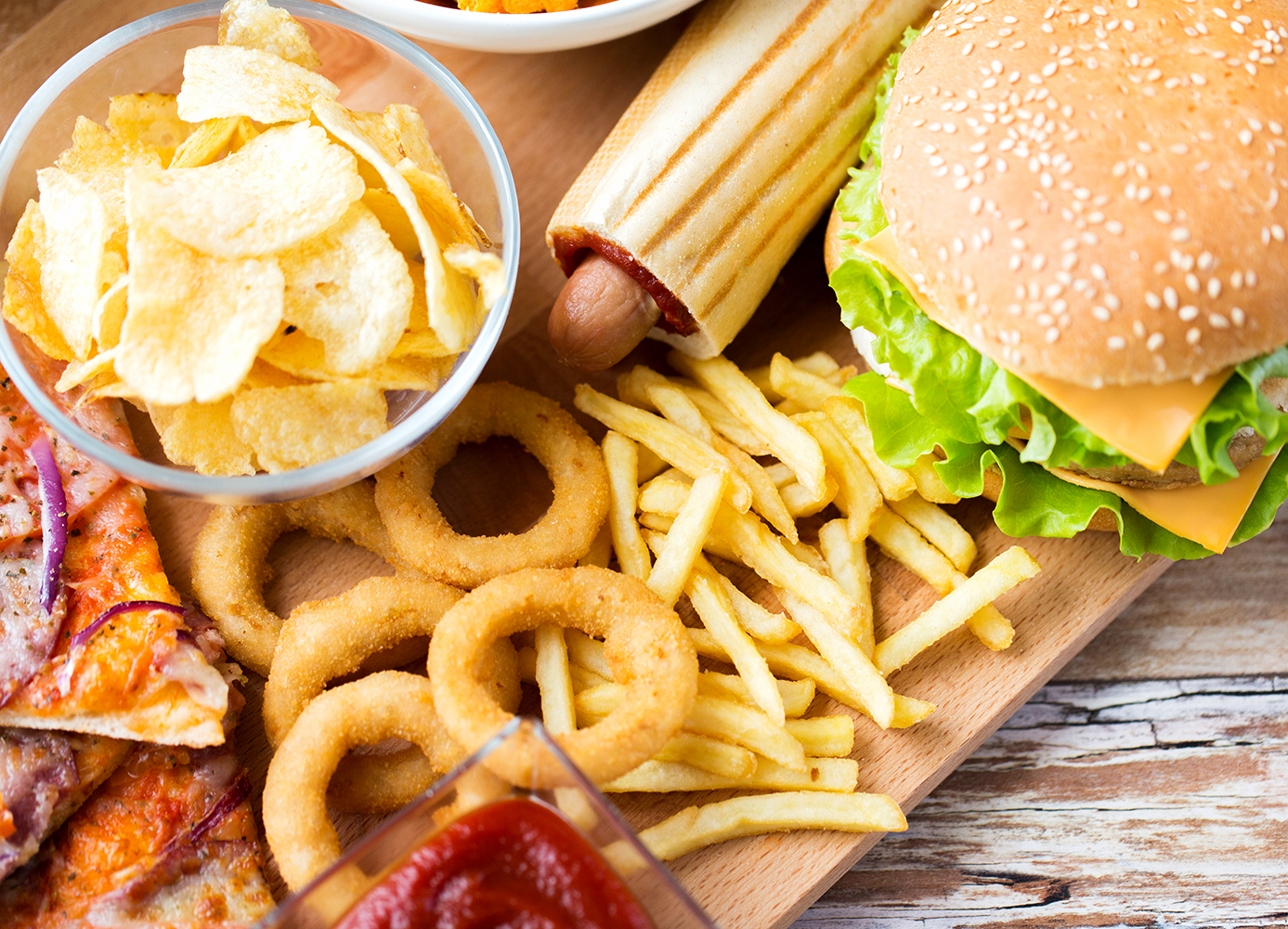If you find yourself struggling to stay alert, fatty foods may be to blame
If you’re working from home and finding that you’re having trouble staying alert, the culprit might the fatty foods in your lock-down diet.
With more free time than we’re accustomed to, it’s not surprising that people are snacking more, experimenting with fun new recipes, and ordering more take-out to cope with their boredom. While a dinner-style breakfast with sausages, eggs, and waffles may be comforting in the moment, a study conducted by researchers at Ohio State University has found that participants’ concentration levels suffered when they had to take a test of their attention immediately after eating meals rich in saturated fats.
“What we know is that when people are more anxious, a good subset of us will find high-saturated-fat food more enticing than broccoli,” said Annelise Madison, lead author of the study, which was published in the American Journal of Clinical Nutrition, and a graduate student in the university’s clinical psychology department.
“We know from other research that depression and anxiety can interfere with concentration and attention, as well. When we add that on top of the high-fat meal, we could expect the real-world effects to be even larger.”
Previous studies have indicated that animal-based saturated fats can increase inflammation in the body and that too much inflammation is to blame for poor concentration, Madison said.
In the study, 51 women had their attention levels and reaction-times tested prior to eating one of two meals consisting of eggs, biscuits, turkey sausage, and gravy containing 60 grams of fat; one version of the meal was prepared with saturated fat and the other, with sunflower oil. On average, researchers found that participants were 11% less able to “detect target stimuli” in their attention tests when compared to their baseline attention levels.
Both meals were intended to replicate the same amount of fat found in a Burger King double whopper with cheese or a McDonald’s Big Mac with a side of medium fries.
Not all the participants fared better after eating the meal with less saturated fat, though. Some of the participants had a condition called leaky gut, a disorder that causes intestinal bacteria to enter into the bloodstream.
“They were performing poorly no matter what type of fat they ate,” Madison said.
That group’s response times were erratic and less predictable, and they frequently struggled to sustain their concentration throughout the 10-minute test, they found.
Madison said the result demonstrated “the power of gut-related dysregulation.”
Photo: iStock/dolgachov.






